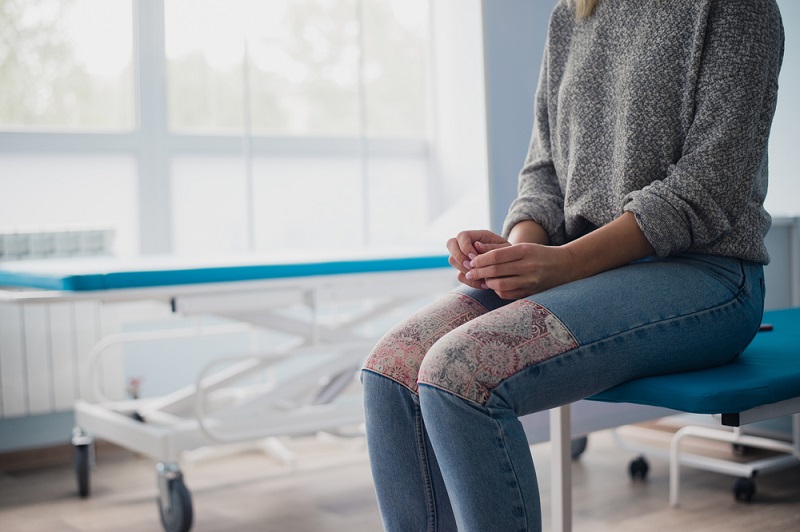Vaginal 'Rejuvenation' Procedures Are Unproven, Pose Serious Risks, FDA Warns


Women are being warned that so-called "vaginal rejuvenation" procedures may pose serious risks.
On Monday (July 30), the U.S. Food and Drug Administration (FDA) issued a warning about these procedures, which claim to treat vaginal symptoms and conditions, such as vaginal dryness, pain during intercourse and vaginal laxity.
The procedures use lasers or radiofrequency devices to destroy or reshape vaginal tissue. Although these devices have been approved to treat certain conditions, such as pre-cancerous lesions in the cervix, they have not been approved for vaginal rejuvenation, the FDA said. What's more, vaginal rejuvenation procedures have been tied to serious side effects, including vaginal burns, scarring, pain during sexual intercourse and recurring or chronic pain.
"These products have serious risks and don't have adequate evidence to support their use for these purposes," FDA Commissioner Dr. Scott Gottlieb said in a statement. "We are deeply concerned women are being harmed."
The FDA recently sent warning letters to seven companies, notifying them about the agency's concerns regarding inappropriate marketing of their devices for vaginal rejuvenation.
"The deceptive marketing of unproven treatments may not only cause injuries but may also keep some patients from accessing appropriate, recognized therapies to treat severe medical conditions," Gottlieb said.
Women who've experienced adverse side effects tied to vaginal rejuvenation devices are encouraged to report their problem to MedWatch, the FDA's adverse-event-reporting program, the agency said.
Get the world’s most fascinating discoveries delivered straight to your inbox.
Originally published on Live Science.

Rachael is a Live Science contributor, and was a former channel editor and senior writer for Live Science between 2010 and 2022. She has a master's degree in journalism from New York University's Science, Health and Environmental Reporting Program. She also holds a B.S. in molecular biology and an M.S. in biology from the University of California, San Diego. Her work has appeared in Scienceline, The Washington Post and Scientific American.


